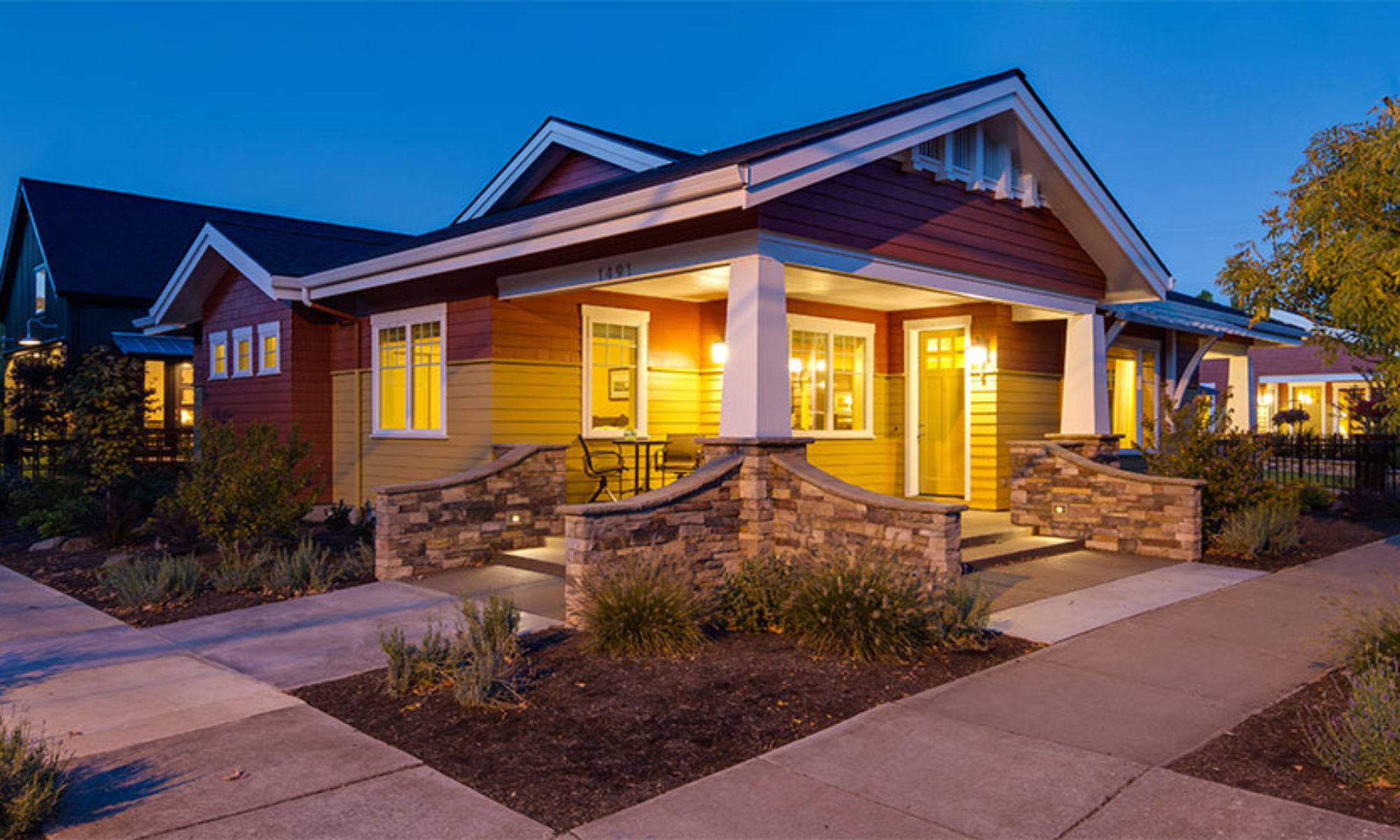It often really gets down to money. Seems like that’s always the case, doesn’t it? Just for the record, some facts from Lane Transit District (LTD) on the most recent costs and expenses…
LTD has, as of May 2010, an annual ridership of over 11 million boardings. For perspective, my daily ride to and from work alone would be considered 4 boardings. After all, there are only about 250,000 people in the Eugene-Springfield area. The average passenger fare is $0.62 of the actual expense of $2.91 (about 21%). The remainder is made up from payroll taxes. An all-day pass costs a passenger $3 and a monthly pass is now $48.
I am an employer so I know full-well about the payroll tax. I think there is part of the rub. Bottom line is none of us really like paying taxes. Doesn’t matter if it’s payroll, income, sales; if it’s a tax, we don’t like it. Now that we’ve got that on the table, taxes are necessary in our culture. And we can debate taxes and subsidies and name things whatever we want and probably reach no concrete solutions.
But the argument I often hear is for the bus system to be self-supporting. That we shouldn’t subsidize it and it should run just like a business. I understand that view, but unfortunately (or fortunately, depending on your perspective), virtually all forms of transportation are subsidized (maybe with the exception of bicycling, but let’s talk bike paths and bike lanes…).
Most of the argument is centered around cars when people talk subsidies for the bus. I really think that’s because those arguing that point only drive cars and don’t ride the bus. If it doesn’t affect me, it doesn’t matter as much. It’s much easier to support a tax on cigarettes when you don’t smoke.
But where this argument breaks down is in the oil subsidies that exist. Many people don’t realize that the oil and gasoline industry (even while raking in billions in profits), is one of the most heavily-subsidized industries out there. And I’m going to make you Google that yourself; do some searching and see what you come up with.
So my first thought was “let’s just get rid of ALL the subsidies; oil, gas, bus, etc” and let the free market rule it all. But then I got to thinking that would probably mean a bus trip would cost $15, a gallon of gas would cost $10 or more and what about the person making minimum wage trying to get to and from work? I think you can quickly see the vicious cycle we are in. As I am wont to say: Everything is connected.
I really think the answer is balance. And perspective. If you complain about the bus, do you ride the bus? If you complain about the new bike bridge over Delta Highway, do you walk or bike? If the answer to either of those questions is “no” or “no, but…” go back and read my Transportation Options post. Then walk, bike or ride the bus one day.
It can change your perspective.
Next Post: Social Equity and Culture


One Reply to “Empty Buses and Mass Transit – Part 2”
Comments are closed.